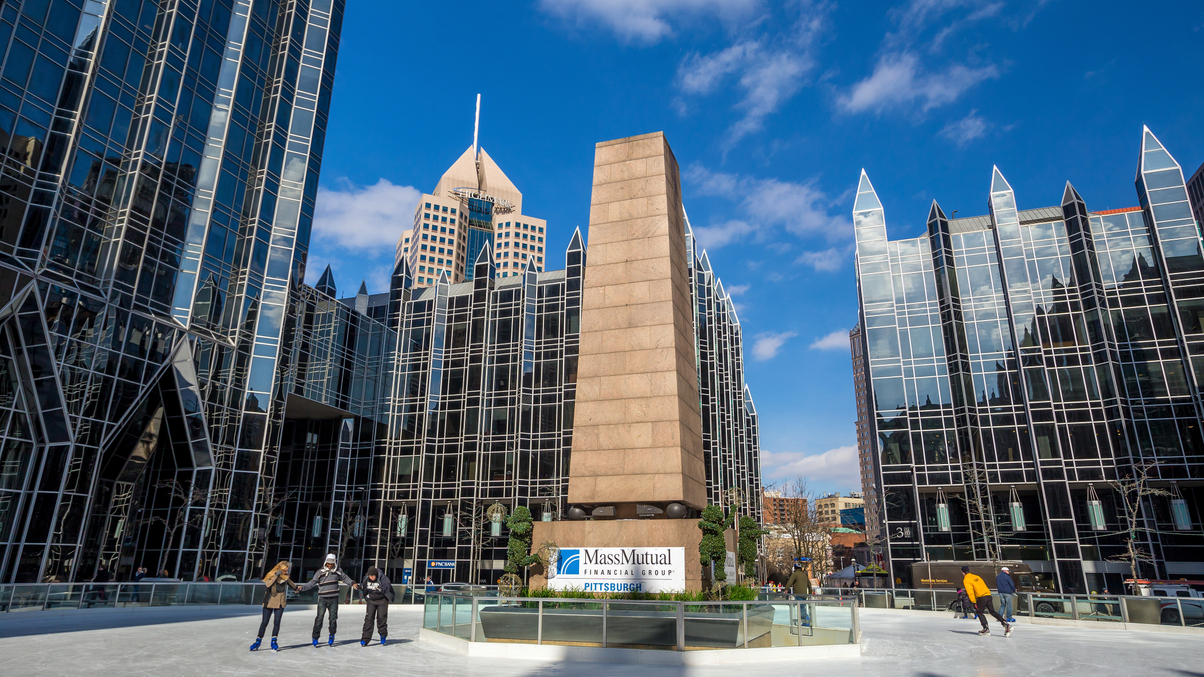MassMutual: private debt to outperform private equity over 10 years
Investors can still find spread premiums in niche private debt, with the asset class's prognosis looking strong, said a keynote speaker at AsianInvestor’s latest summit on Wednesday.

The head of direct private investments at MassMutual says the US life insurance company is seeking unique niche opportunities in private debt strategies and believes the asset class will outperform private equity (PE) over a 10 to 15-year horizon.
Sign in to read on!
Registered users get 2 free articles in 30 days.
Subscribers have full unlimited access to AsianInvestor
Not signed up? New users get 2 free articles per month, plus a 7-day unlimited free trial.
¬ Haymarket Media Limited. All rights reserved.


